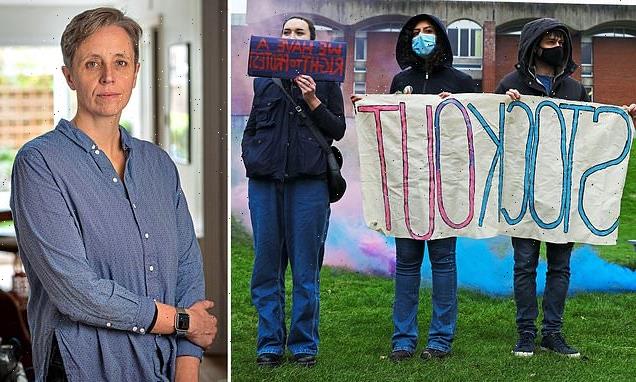QATAR is the latest country to add the UK to its red list amid an increase in our Covid cases.
New rules are in place for all Brits planning on travelling to Qatar, and the restrictions vary depending on whether visitors are fully vaccinated or not.
Fully vaccinated travellers need to prove a negative pre-departure PCR test result within 72 hours of arrival in Qatar.
They will then need to quarantine in a hotel for two days and take a second PCR test. If the result is negative, they may be able to leave quarantine early depending on when they get the result.
Similarly, unvaccinated visitors must prove a negative pre-departure PCR test result taken within 72 hours of arrival in Qatar.
However, they must then quarantine in a hotel for seven days and take a PCR test on day six.
Unvaccinated visitors who are visiting close relatives are allowed quarantine for seven days at home instead of in a hotel, but there doesn't appear to be same allowance for vaccinated travellers.
The UK has now been added to the red list of more than 30 countries, including Morocco which recently suspended all flights from the UK until further notice.
Even countries that are welcoming Brits are warning they might begin turning UK visitors away because booster Covid vaccinations aren't showing on the NHS passport app.
Where are UK visitors banned from travelling to?
Africa
- Benin
- Eritrea (some flights ae allowed in but options are extremely limited)
- Madagascar
- Morocco
- Niger
Americas
- Argentina
- Chile
- Montserrat
- Suriname
Asia
- Bhutan
- Brunei
- China
- Hong Kong
- Japan
- Laos
- Iran
- Kuwait
- Malaysia
- Mongolia
- Myanmar
- Singapore (entry is possible but the rules are complicated, with a travel pass, vaccination certificate, travel insurance and testing required)
- South Korea
- Taiwan
- Turkmenistan
- Vietnam
Australasia
- Australia
- Fiji
- Nauru
- New Zealand
- Pitcairn Island
- Tonga
Some nations are putting time limits on how long ago a vaccine can be given, including Austria and Israel.
Austria's government has a 12-month limit on how long they will recognise the effectiveness of a vaccine after the date of the second shot – which is being shortened to nine months in December.
Israel has an 6-month limit on how long they will recognise the effectiveness of a vaccine after the date of the second shot.
Both countries extend their full time limit to a third booster jab.
Source: Read Full Article




